Blog
Mental Health & Wellbeing
Being a teenager can feel like riding an emotional rollercoaster—full of highs, lows, pressure, and change. This part of the blog is here to remind you that your mental health matters just as much as your physical health. Whether you're feeling overwhelmed, anxious, down, or just not quite yourself, you're not alone—and you're not weak for feeling that way.
In this space, we’ll talk honestly about mental health, share tools for self-care, and explore ways to feel more balanced, understood, and supported as you navigate your teenage years.
“Taking care of your mind isn’t a sign of weakness—it’s a sign of strength. Choosing to rest, reflect, and reach out is how you grow, not how you fall behind.”

How a Social Media Detox Can Improve Teen Mental Health
Ever felt anxious, drained, or just “off” after scrolling for hours? You’re not the only one. Social media is a huge part of teenage life—it connects you to friends, trends, and news—but it can also weigh heavily on your mental health.
In fact, a 2024 Pew Research Center report found that 95% of teens use social media, and nearly 1 in 3 say it has a mostly negative impact on their lives. That's where the idea of a social media detox comes in—a temporary break from platforms like Instagram, TikTok, Snapchat, and others to help clear your head and boost your well-being.
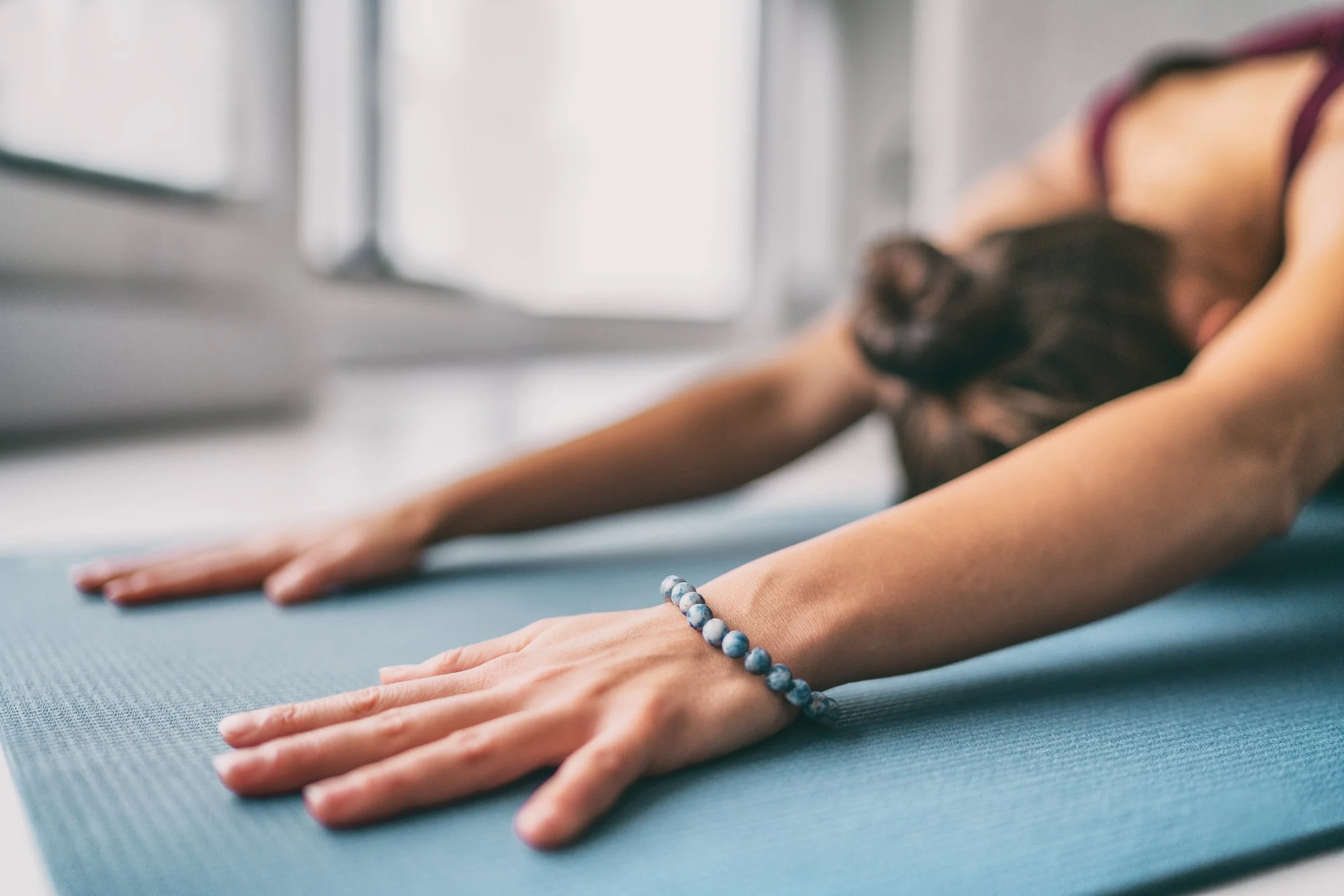
How Exercise Improves Teen Mental Health: Stress Relief for Teens
Feeling overwhelmed by school, friendships, or social media drama? You’re not alone. Stress is one of the biggest struggles teens face today, and it can take a toll on your mood, energy, and confidence. But there’s a simple, powerful way to fight back—exercise. I
t’s not just about getting fit; it’s about feeling better inside and out. Here’s why exercise is one of the best tools for protecting your mental health.

Is Therapy the New Cool? How Getting Help Boosts Your Dating Game
Therapy used to be something people kept quiet about. Now? It’s trending on TikTok, showing up in memes, and being talked about like the ultimate self-care move. For Gen Z and teens, working on your mental health is no longer a “weird” thing—it’s a sign of confidence and maturity.
But here’s the plot twist: therapy doesn’t just make you feel better about yourself. It can actually improve your dating life. Yes, really. From boosting self-esteem to improving communication, therapy can make you stand out as a major green flag in relationships.
So, is therapy the new cool? Let’s break it down—and find out why this trend might just be your secret dating superpower.

Why Teens Are Using AI Like Therapy
ChatGPT isn’t just for homework anymore. Across social media, teens are talking about how they use AI chatbots to vent, share feelings, and even seek advice. For many, these tools feel like a safe space—always available, never judgmental. But why are teens turning to AI like therapy, and is it actually helpful?
In this post, we’ll explore the trend, the benefits and risks, what experts think, and how teens can use AI responsibly without replacing real human support.

Let Someone In: How to Talk About Your Depression
Opening up about depression is a brave and important step toward feeling better. It doesn’t mean you’re weak—it means you’re strong enough to recognise that support matters. Whether it’s a friend, a family member, a teacher, or a counsellor, letting someone in can help lighten the load you’ve been carrying in silence. You deserve to be heard, and you don’t have to go through this alone.
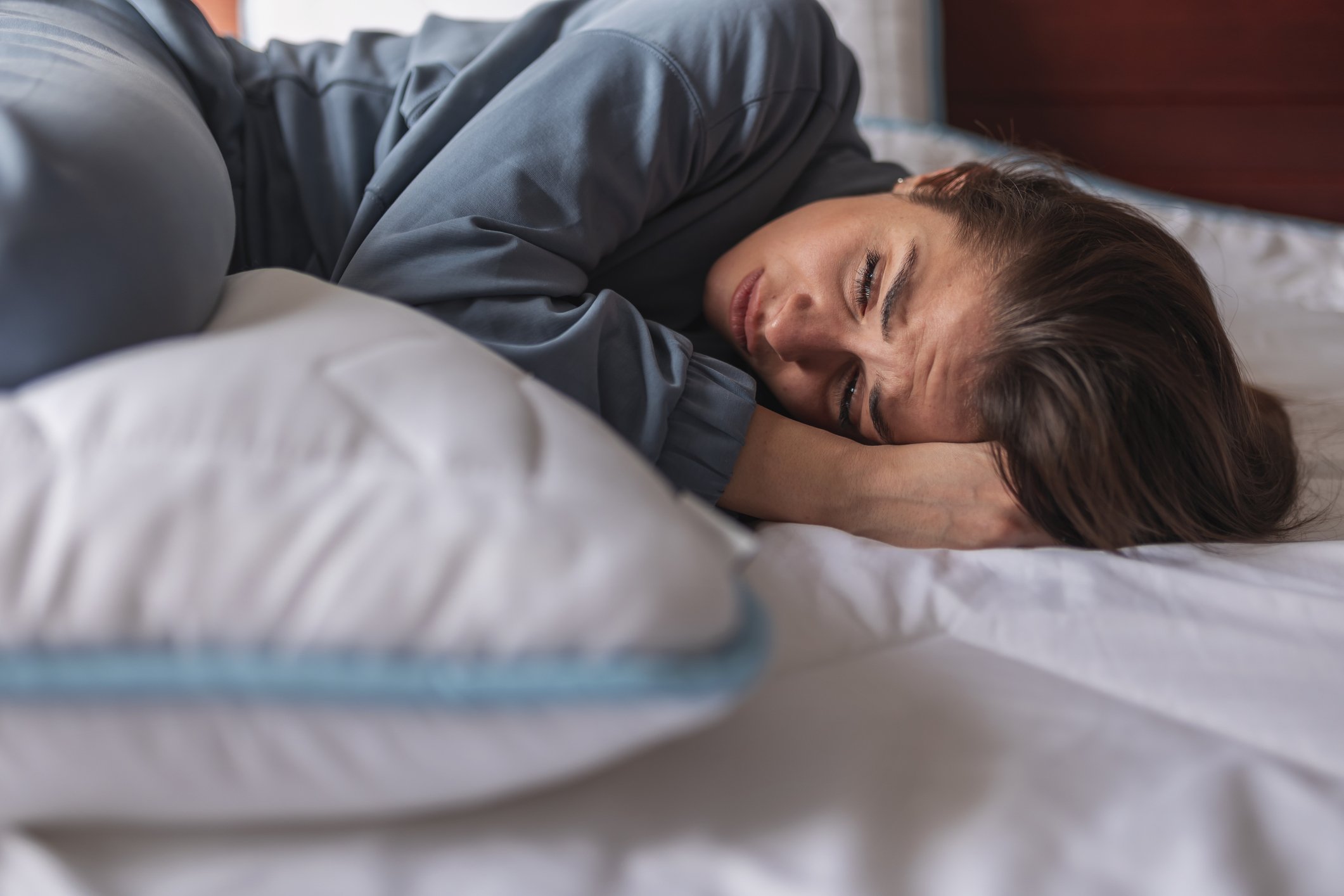
Pulling Away: How Depression Affects Your Social Life
Have you ever found yourself ignoring messages, skipping group chats, or saying “no” to plans—even with your closest friends? You might not even know why—it just feels easier to be alone. If this sounds familiar, you're not alone, and you're not a bad friend. You could be experiencing one of the most common effects of depression: social withdrawal.
When you're dealing with depression, being around others can feel overwhelming. Conversations take effort, pretending to be "okay" feels exhausting, and sometimes, it just seems easier to hide away.
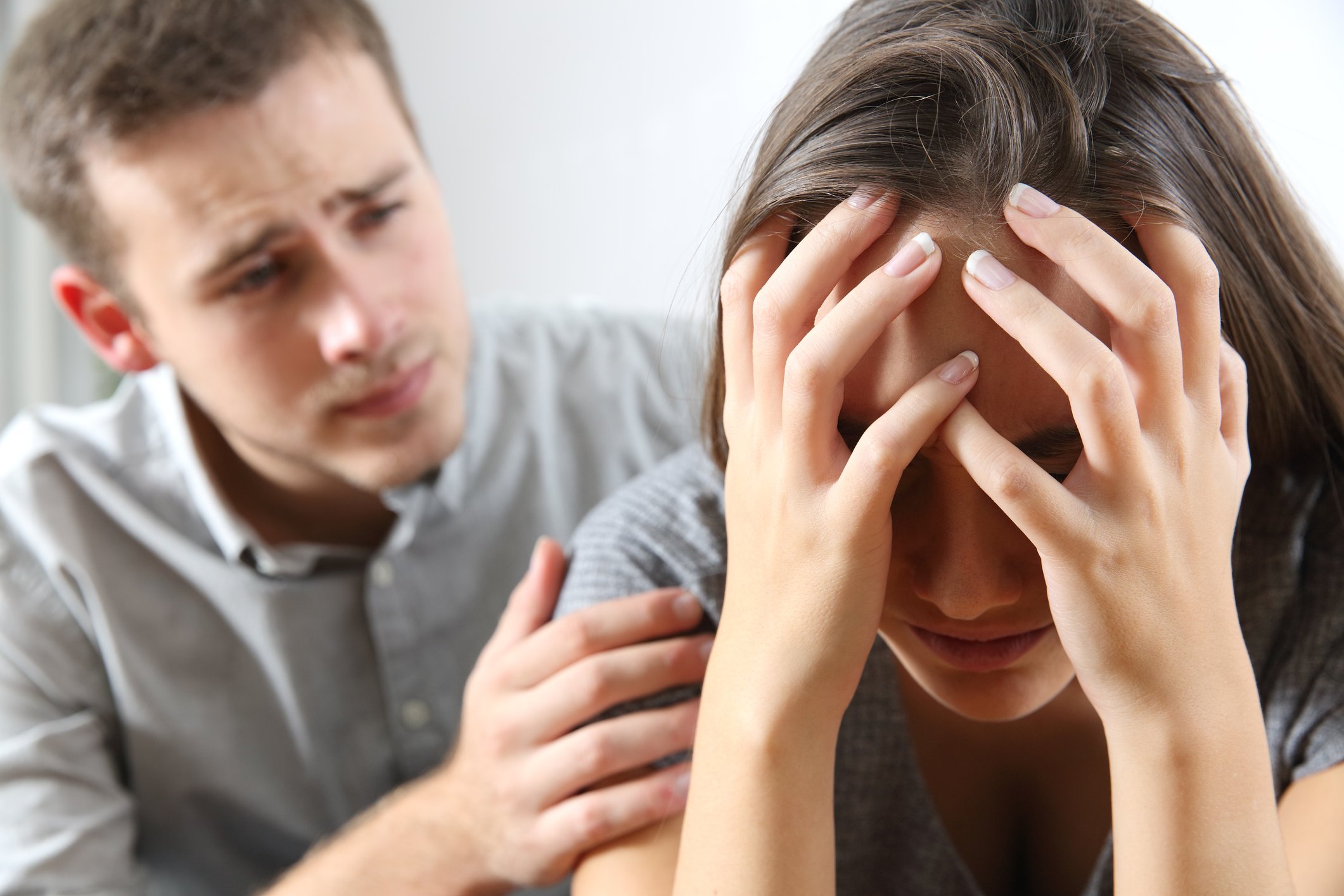
Noticing the Signs: What to Do If You Think a Friend Is Depressed
It can be hard to know what to do when someone you care about doesn’t seem like themselves anymore. Maybe your friend is quieter than usual, pulling away from things they used to love, or just always seems... off. You might worry they’re dealing with more than just a bad day — maybe they’re struggling with depression. That thought can be scary, especially when you’re not sure how to help or what to say. But here’s the truth: you don’t need to be a therapist to make a difference. Sometimes, just showing up, listening, and knowing what to look for can be a powerful first step.
In this post, we’ll walk through how to recognise the signs of depression in a friend, how to approach them with care, and what you can do to support them without losing yourself in the process.

Real Talk: Healthy Ways to Cope with Depression
Let’s be real — depression isn’t just feeling sad for a day or two. It can feel like a heavy cloud that just won’t lift, making it hard to get out of bed, focus at school, or enjoy things you used to love.
If you’re dealing with depression, you’re not weak, dramatic, or alone — you’re human. And while it can feel overwhelming, there are healthy ways to cope.
This post is here to give you real, practical tools you can try when life feels too heavy to handle.

Stuck and Tired: How Depression Drains Your Drive
Some days, even getting out of bed feels like climbing a mountain. You know you have things to do—homework, chores, plans with friends—but no matter how hard you try, your brain just says no. If that sounds familiar, you're not lazy, unmotivated, or weak. You might be dealing with depression.
Depression doesn’t just make you feel sad—it affects your energy, focus, and the ability to care about things you used to enjoy. It can make everyday tasks feel impossible, and the motivation you once had seem like a distant memory.
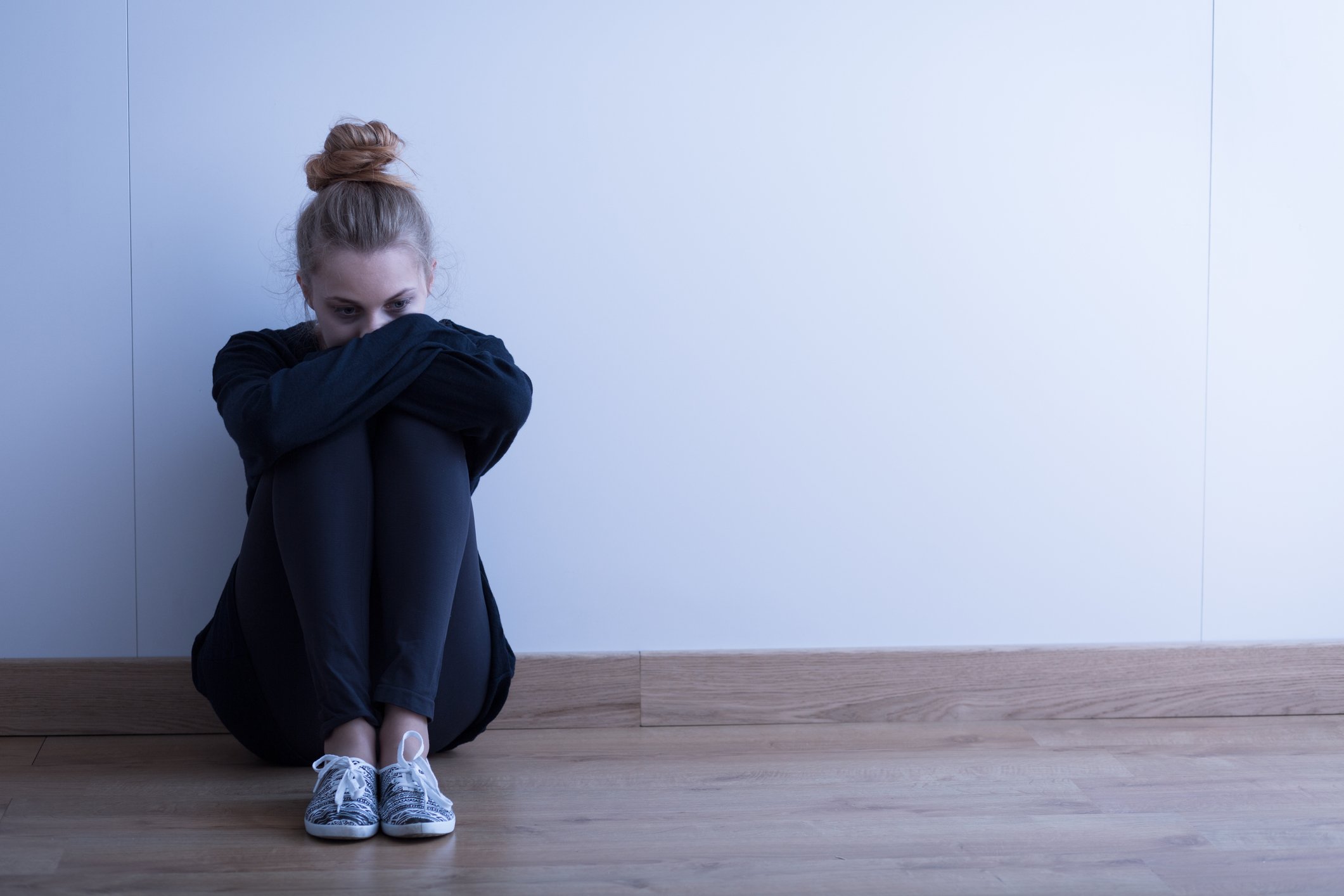
What Depression Feels Like from the Inside
Depression doesn’t just affect your mood—it impacts the way you think, feel, and even how you see yourself and the world around you. It can make everyday things feel impossible, and positive moments feel meaningless.
In this post, we’re diving into what it’s really like to experience depression from the inside, so you can better understand yourself or someone you care about.
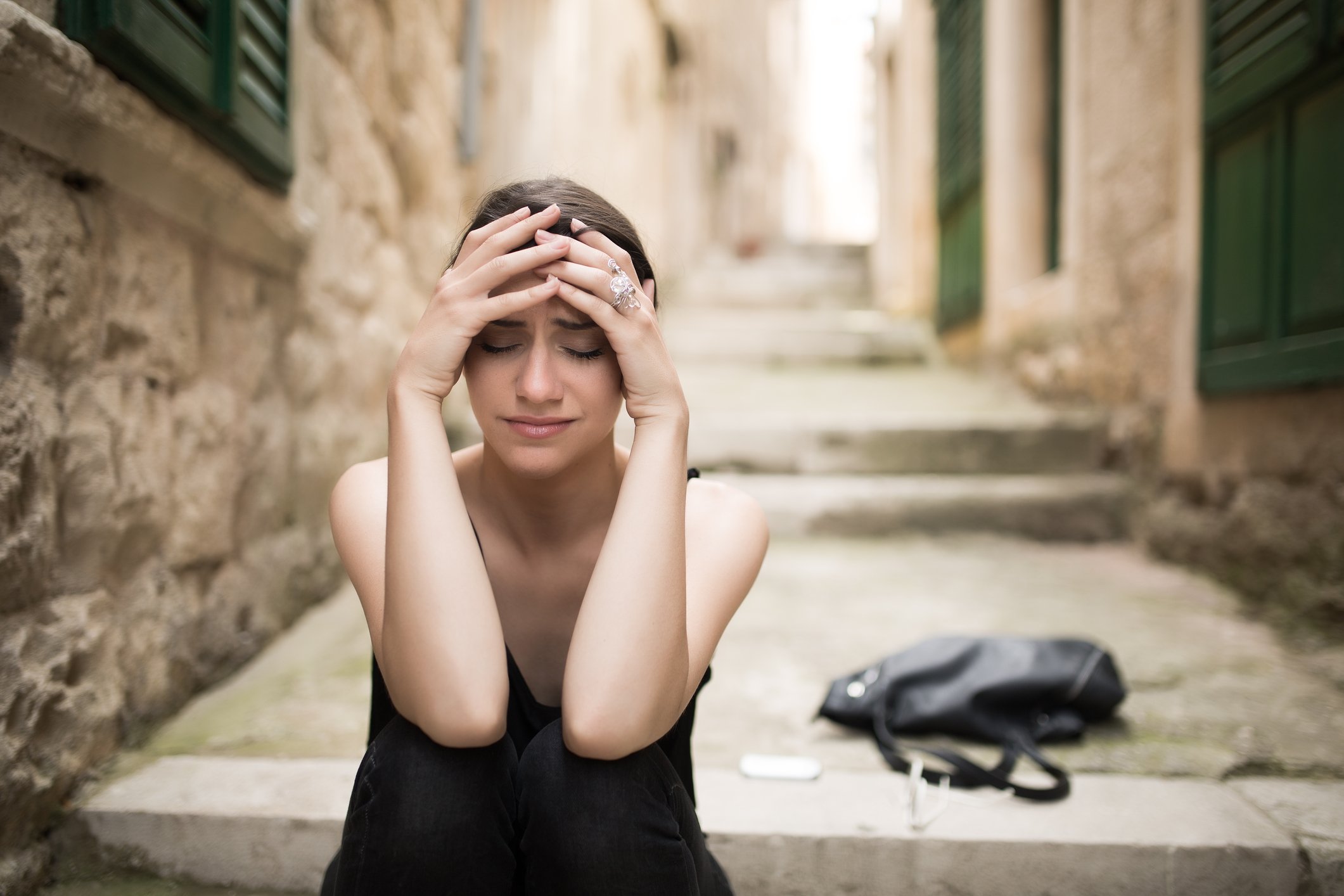
Depression vs. Sadness: Why It’s Not the Same Thing
Everyone feels sad sometimes — it’s a normal and healthy emotion that comes and goes with life’s ups and downs. Maybe you had a fight with a friend, didn’t get the grade you were hoping for, or just woke up feeling off. Sadness is part of being human. But when those heavy feelings don’t go away, or they start affecting your daily life, something deeper might be going on.
This is where depression comes in — and while it can look like sadness on the surface, it’s actually very different underneath. In this post, we’ll explore how sadness and depression are not the same, how to spot the difference, and why it matters to know when it’s time to reach out for support.
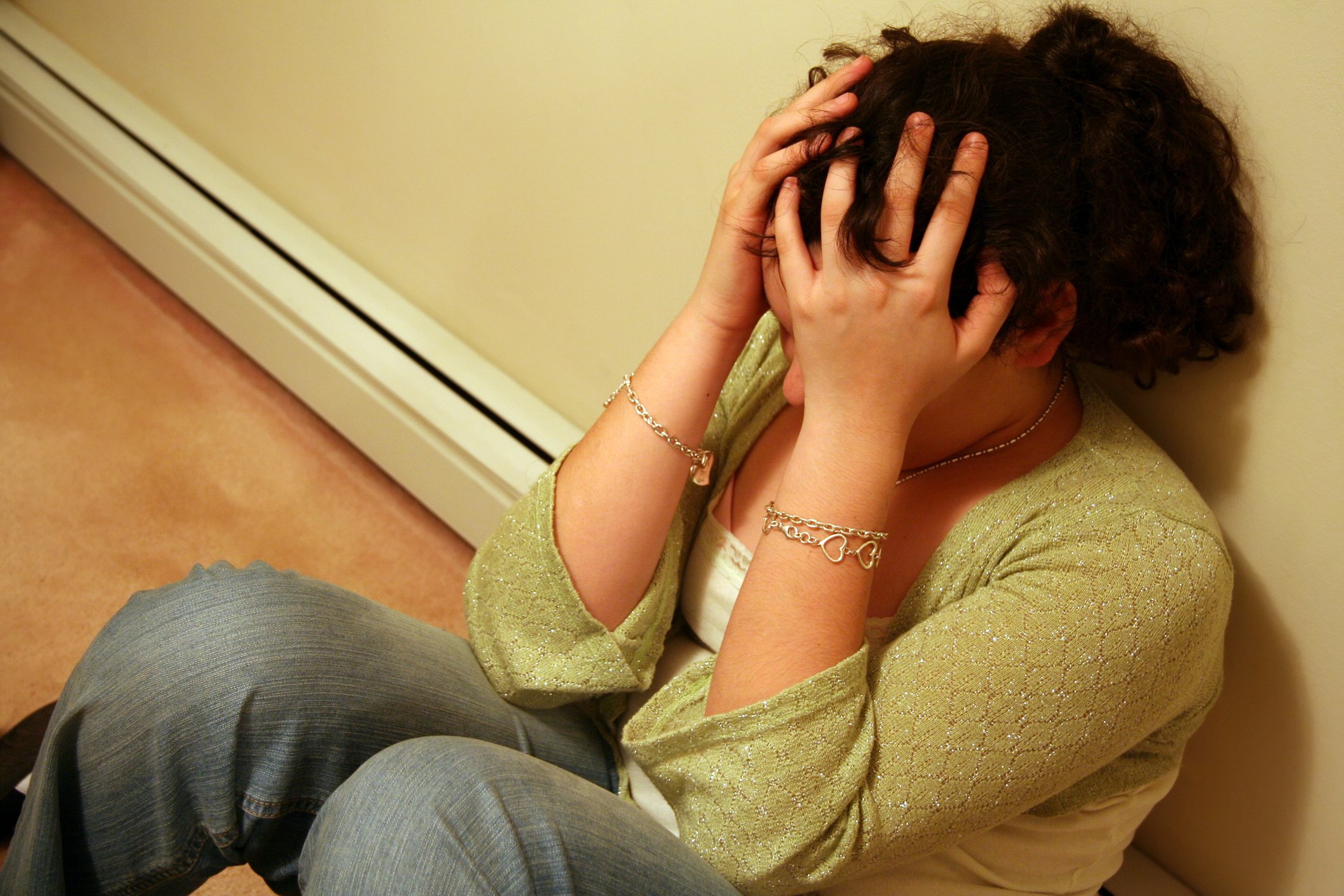
Let’s Talk About Depression: What It Really Means
Depression is a word we hear a lot — on social media, in school, maybe even from friends. But what does it actually mean? For many teens, it’s easy to confuse feeling sad or overwhelmed with being depressed. The truth is, depression is more than just a bad day or a tough week. It’s a real mental health condition that affects how you think, feel, and act — and it’s more common among teenagers than you might think.
This blog post is here to clear up the confusion. We'll explore what depression really is, how it shows up, and why it’s not something to ignore or be ashamed of.
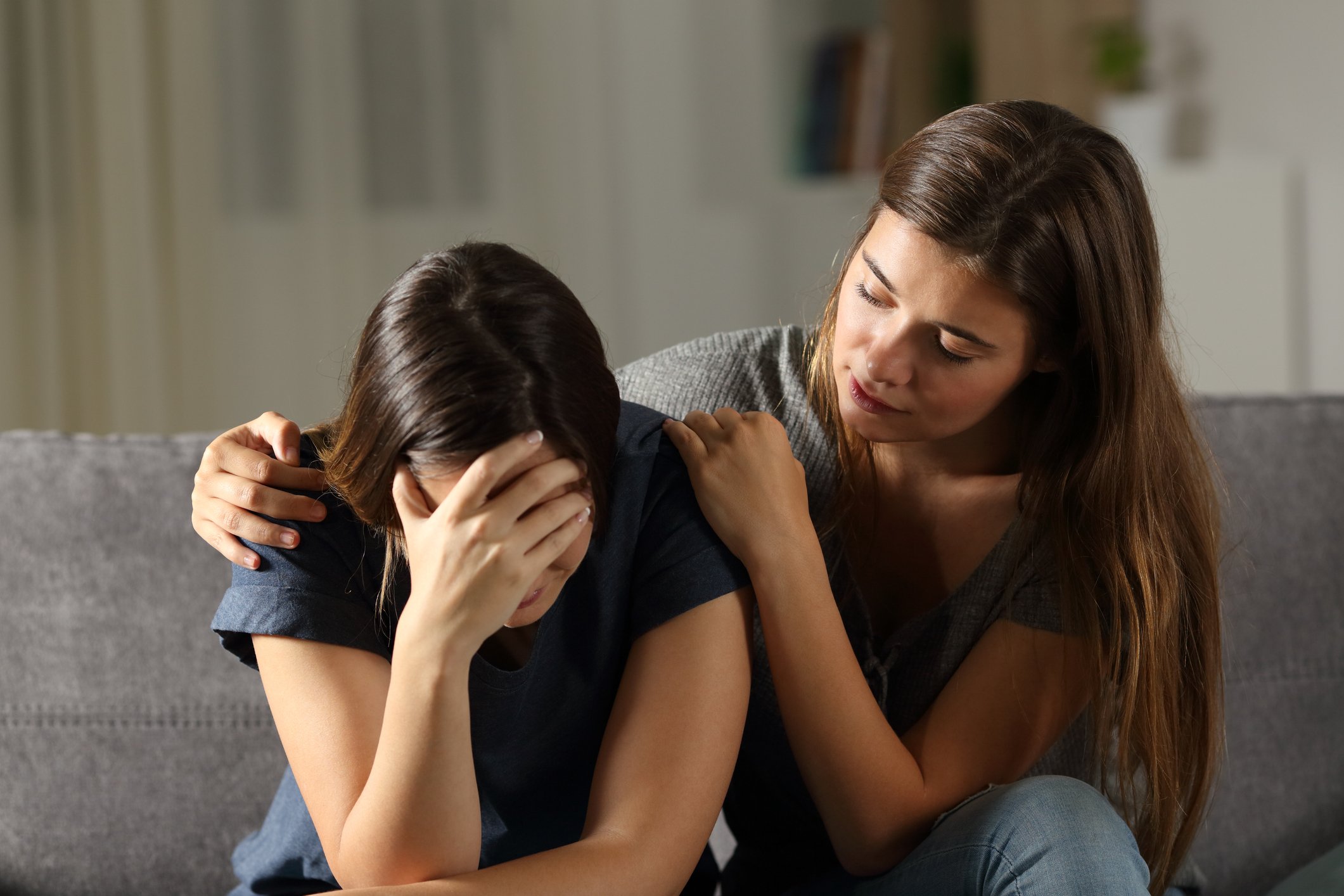
How to Support a Friend with an Eating Disorder
When someone you care about is struggling with an eating disorder, it can be hard to know what to do. You might feel worried, helpless, or even scared of saying the wrong thing. You want to help — but how?
The truth is, your support can make a huge difference. Just being there, showing kindness, and offering a listening ear can help your friend feel less alone in what they’re facing. You don’t need to have all the answers or fix everything. You just need to show up with compassion, patience, and understanding.

Speak Up, Heal Strong: Opening Up About Eating Disorders
Talking about an eating disorder can feel scary, overwhelming, or even impossible at times. You might worry about being judged, misunderstood, or seen differently. You might even tell yourself that it’s "not a big deal" or that you have to handle it alone.
But here’s the truth: keeping your struggles inside only gives them more power. When you speak up — whether it’s to a friend, a family member, a teacher, or a counselor — you take the first and bravest step toward healing. Talking about your eating disorder doesn’t mean you’re weak; it means you’re strong enough to face it.

How Social Media Fuels Eating Disorders
Social media has become an essential part of everyday life, offering connection, entertainment, and inspiration. But for many, it’s also a constant reminder of how their bodies "should" look. With the rise of influencer culture, carefully curated photos, and beauty filters, the pressure to meet unrealistic beauty standards is more intense than ever — especially for teens.
This constant comparison can negatively impact body image and, in some cases, lead to disordered eating.
In this post, we’ll explore how social media is influencing the way we view ourselves and how these platforms contribute to the rise of eating disorders. Understanding this connection is the first step toward reclaiming control over our self-worth and body image in a healthier, more balanced way.

Eating Disorders and Their Impact on Your Social World
When we talk about eating disorders, the focus often stays on the physical effects — changes in weight, health risks, and appearance. But what’s often overlooked is how deeply eating disorders can affect the parts of life that matter most: friendships, family relationships, and school life.
An eating disorder doesn’t just live inside the body; it reaches into everyday moments, changing how you connect with others and how you experience the world around you.
In this post, we’ll explore how eating disorders can impact your social world — and why understanding these effects is an important part of healing.

Beyond the Scale: How Eating Disorders Harm Your Body
When most people think about eating disorders, they often focus on weight loss or changes in appearance. But the truth is, the damage caused by eating disorders goes far deeper than what you can see on the outside. Behind the numbers on a scale, serious physical health issues can develop — some of which can last a lifetime. From your heart to your bones to your digestive system, eating disorders affect nearly every part of the body.
In this post, we’ll look beyond weight to understand the real impact eating disorders have on your physical health — and why getting help early matters more than you might think.

Breaking It Down: The Different Types of Eating Disorders
In this post, we’ll break down the most common types of eating disorders — like anorexia, bulimia, and binge eating disorder — and explain what they really mean. The more you know, the better you’ll be able to recognise when something isn't right, whether it's happening to you or someone you care about. Let’s dive in.

Eating Disorders 101: What Every Teen Should Know
In today’s world — with social media, endless beauty standards, and the pressure to "be perfect" — it’s easier than ever to fall into unhealthy patterns without even realising it. That’s why understanding what eating disorders are, how they show up, and why they happen is so important.
This guide is here to break it down for you — in simple, honest terms — so you can recognise the signs, look out for yourself and your friends, and know that help is always possible. Let’s start by understanding what eating disorders really are and why they deserve to be taken seriously.

Finding Healthy Ways to Cope with Loneliness
Everyone feels lonely sometimes. It’s a normal part of life, even if it’s not always easy to talk about. But when loneliness sticks around, it can start to feel heavy, overwhelming, and even a little scary. The good news? There are real, healthy ways to cope—and even grow stronger—through lonely times.
You don’t have to face loneliness by bottling it up or pretending it’s not there. By learning how to handle it with care and self-compassion, you can build resilience, deepen your sense of connection, and take better care of both your mind and body.
